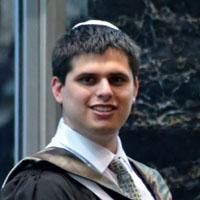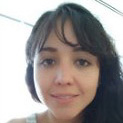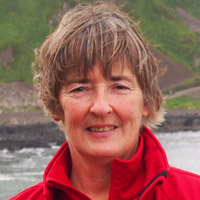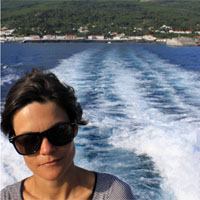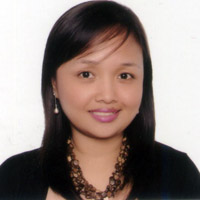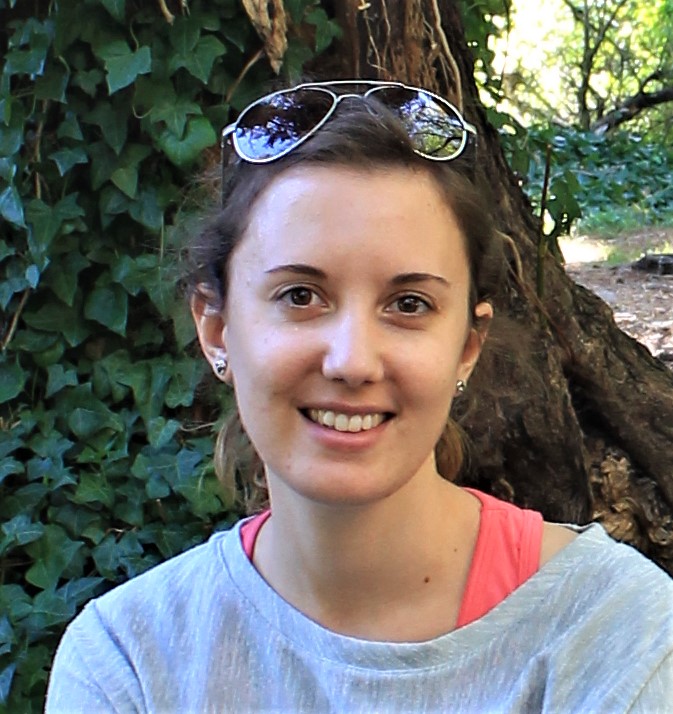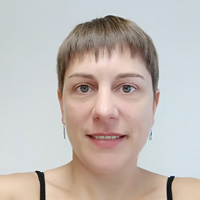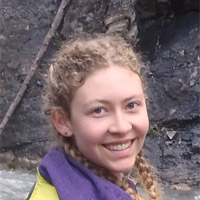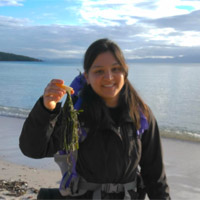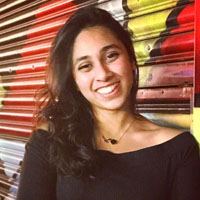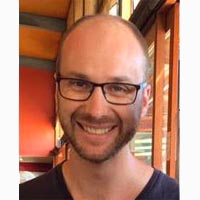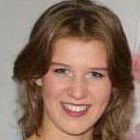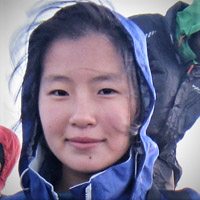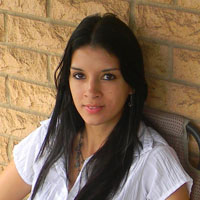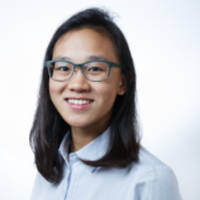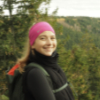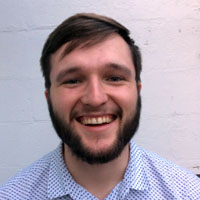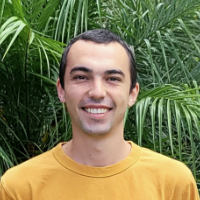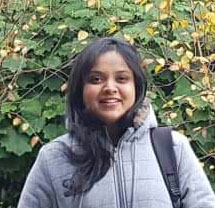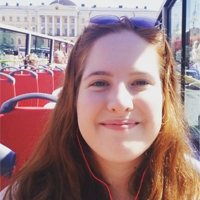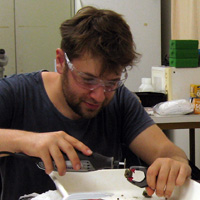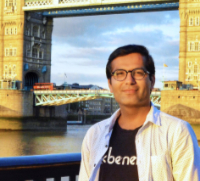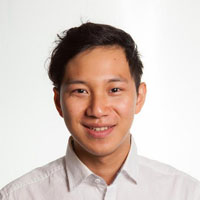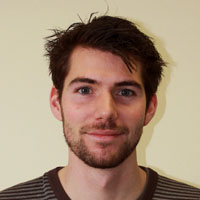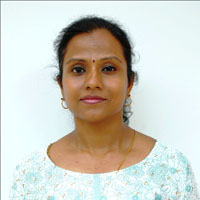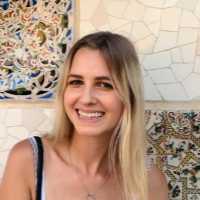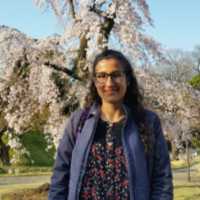Group leader
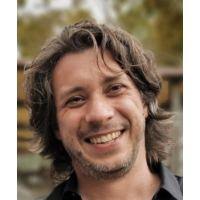
|
Heroen Verbruggen E-mail: heroen.verbruggen@gmail.com — Twitter: @heroenv PhD: Ghent University, 2005 My interests span the fields of algal evolution, microbial symbiosis, genome biology and bioinformatics. I love computational simulation as a tool to explore ideas and methods, and nerdy science stuff in general. |
Students & postdocs

|
Saelin Bjornson, PhD candidate E-mail: sbjornson@student.unimelb.edu.au My project focuses on algal evolutionary genomics, looking into both structural evolution of plastid genomes and the genome-level correlates of increasing body complexity. |
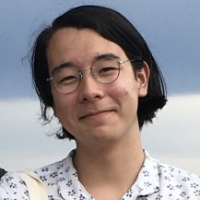
|
Myles Courtney, BSc student E-mail: mwcourtney@student.unimelb.edu.au My interests lie in the broad domains of synthetic chemistry, algal and plant biodiversity, and chemical biology. I’m helping out with a few things around the lab as a way of getting more involved with science, and learning more about phycology. |
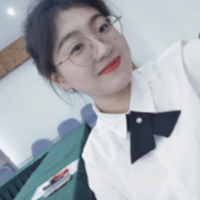
|
Yuqun Du, PhD candidate MPhil: University of Chinese Academy of Sciences (UCAS), 2023 E-mail: yuqund@student.unimelb.edu.au I am working on seaweed speciation and diversification trends in southern Australia. |
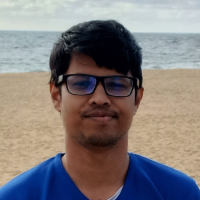
|
Riyad Hossen, PhD candidate MSc: University of Dhaka E-mail: rhossen@student.unimelb.edu.au My interest is on marine algae and I am using genome and transcriptome analysis to understand their evolutionary biology and how they interact with their environment. |

|
Yunli (Eric) Hsieh, PhD candidate (with Zoran Nikoloski at MPI-MP) MSc: National Taiwan University, 2019 E-mail: eric.hsieh1224@gmail.com — Twitter: @Yunli_Eric I am interested in coral-algal-bacteria interactions and the effect of climate change on microbiomes living with their hosts. |
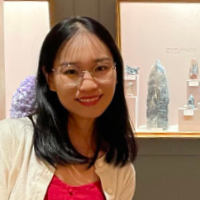
|
Juntong Hu, PhD candidate MPhil: Hong Kong Baptist University, 2021 E-mail: hujuntong9@gmail.com My research interests focus on the function of Ostreobium in the coral holobiont. I will integrate field sampling, manipulative experiments, and bioinformatics to investigate the functional interaction between Ostreobium spp. and the other components of the coral holobiont and Ostreobium's role across different coral life stages. |
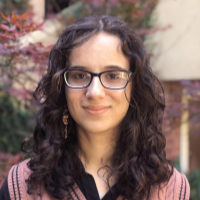
|
Natasha Jablonsky, BSc Honours student E-mail: njablonsky@student.unimelb.edu.au My project is on the evolution of the green algal genus Codium. |
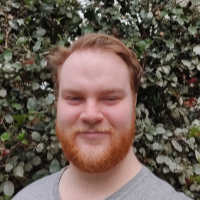
|
Owen McGinley, PhD candidate (Heazlewood lab) MBiotech: University of Melbourne, 2019 E-mail: omcginley@student.unimelb.edu.au I'm a PhD candidate interested in plant cell wall biology, particularly sulphated polysaccharide synthesis in red algae species. |
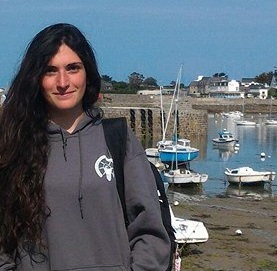
|
Marisa Pasella, PhD candidate MSc: Marche Polytechnic University, 2017 E-mail: m.pasella91@gmail.com — Twitter: @MarisaAlgae My background is in algal ecophysiology. I am studying the photobiology of Ostreobium culture strains using a combination of physiological experiments, field work and comparative genomics. |
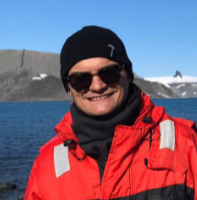
|
Vinicius Salazar, PhD candidate (with @mixOmics_team and @hologenomics) MSc: Federal University of Rio de Janeiro E-mail: viniws@gmail.com — Twitter: @vinisalazar_ My interests are split between marine microbiology and scientific computing. I am researching bioinformatics techniques in order to reconstruct microbial genomes from metagenomic data. |
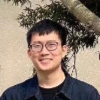
|
Andy (Yuhao) Tong, PhD candidate BSc: University of Melbourne E-mail: yuhtong@student.unimelb.edu.au I am working on metagenomics software development, with a special interest in recovering organelle MAGs. |

